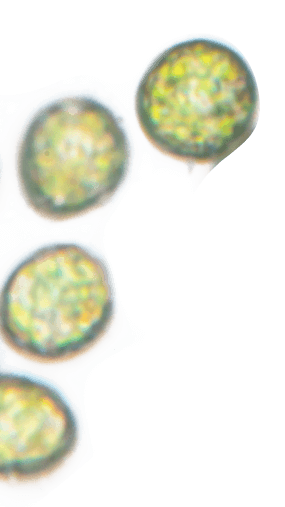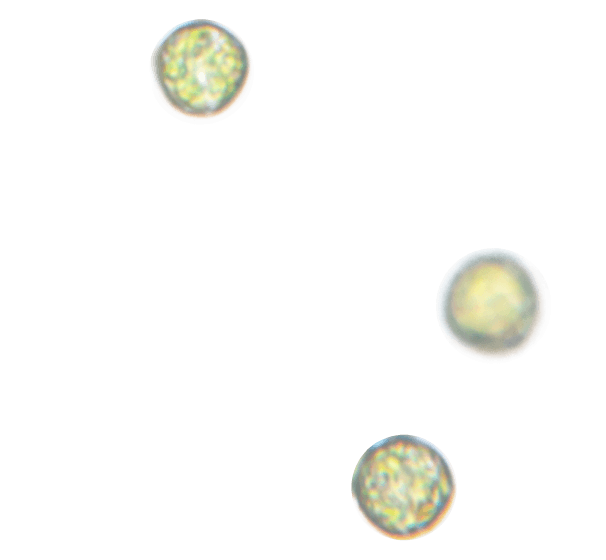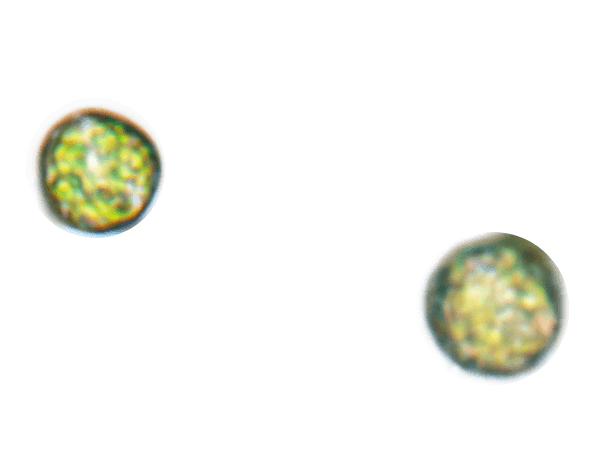Harmonising Algae-based LCAs: Selecting Systems and Data Providers
What is life cycle assessment and why do we need it?
Algae have the potential to be a sustainable alternative to traditional sources for feed, agrochemicals, and other products. But how do we know if algae-based products are truly better for the environment? Life Cycle Assessment (LCA) is a method that helps measure their environmental impact. It analyses factors like resource use, emissions, and production processes.
However, comparing algae-based products to conventional ones isn’t always straightforward. The way algae are grown and processed can vary widely. Different regions use different techniques, and new technologies are constantly emerging. Plus, many algae-based products are still in early development, making it difficult to compare them to well-established conventional products.
Pilot-scale production is typically small, experimental, and not yet optimised for efficiency. This leads to higher resource use and costs, while industrial-scale products benefit from mature processes and economies of scale. Finding the best approach in algae-based life cycle assessment to assess the impact of innovative products originating from algae is key to supporting sustainable development in this field and the green transition.
Webinar on algae-based life cycle assessment
To explore how to improve life cycle assessment for algae-based products, more than 350 people joined the webinar ‘Harmonising Algae-Based Life Cycle Assessment‘ on 4th February 2025.
After Mariana Carneiro from REALM’s coordinating team opened the webinar, policy officer Maris Stulgis highlighted the role of the European Commission in supporting the development of the algae sector. He also stresses that it is “of utmost importance that EU projects with complementing tasks are working closely together to build on the results and successes of each other.”
The next five talks focused on different approaches to process and data provider selection for algae-based life cycle assessment. Experts working on five real-world examples presented their ideas. Later, they engaged in a discussion around the challenges when performing algae-based life cycle assessments.
During the panel discussion, the experts touched upon topics like:
- Addressing data gaps using proxies.
- Tackling scalability challenges from lab to commercial scale.
- Defining functional units for comparing algae and conventional products.
- Comparing pilot-scale innovations with industrial alternatives.
The discussion was moderated by Léa Braud from the European Algae Biomass Association and researcher at the KTH Stockholm. She later said that “the engaging discussion with the speakers highlighted the importance of greater communication and alignment among LCA practitioners in the algae sector to enhance transparency and comparability. In this context, making data accessible within the community is key to accelerating the development of sustainable algae-based products.”
Webinar Resources
Did you miss the webinar or want to revisit key take-aways? Find the recording and the presentations for free:
The webinar was jointly organised with the EU-funded projects: LOCALITY, SeaMark, CIRCALGAE and AlgaeProBANOS.





![UKRI logo [W] UKRI logo [W]](https://realmalgae.eu/wp-content/uploads/elementor/thumbs/UKRI-logo-W-qpvs3ojy8iduv0fhwct4qqi0nrhb6qt3tstfu87keo.png)

